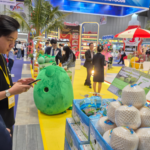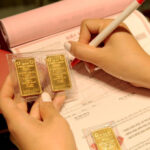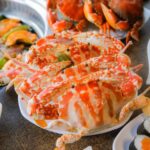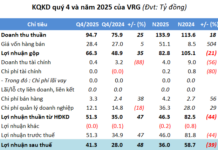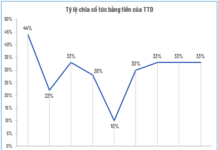Five of Vietnam’s largest agricultural export associations—the Vietnam Food Association, the Vietnam Pepper and Spice Association, the Vietnam Association of Seafood Exporters and Producers (VASEP), the Vietnam Coffee and Cocoa Association, and the Vietnam Timber and Forest Products Association—have jointly petitioned the National Assembly to urgently amend the Value-Added Tax (VAT) Law.
The primary bottleneck lies in the tax mechanism, where output goods are subject to a 0% tax rate or tax exemption, but input costs remain non-deductible. This forces businesses to pay full VAT on raw materials, logistics, animal feed, packaging, transportation, and quality testing, without corresponding deductions or refunds during the production cycle.
A representative from the Vietnam Association of Seafood Exporters and Producers (VASEP) noted that since the amended VAT Law and its guiding documents took effect, seafood production and export activities have faced significant challenges due to ambiguous tax rates and cumbersome refund procedures.
For instance, the same processed seafood product may be taxed at either 0% or 5%, depending on its supply source, leading to cash flow disruptions and reduced competitiveness for businesses.
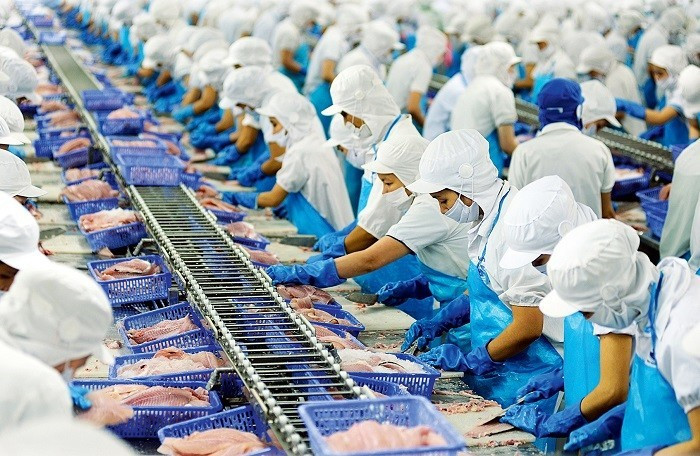
Many businesses face challenges in VAT refunds.
“We have urged the Ministry of Finance to reclassify processed seafood as non-VAT liable, as it was previously, instead of the current 5% rate. This would alleviate financial pressure and prevent cash flow freezes for both businesses and tax authorities.”
Additionally, businesses express concern over new refund conditions, which require sellers to declare and pay taxes before buyers can claim refunds. However, businesses lack tools to verify suppliers’ tax compliance, leaving them in a vulnerable position.
VASEP proposes that authorities allow refunds upon submission of valid documentation and advocate for a digitized, automated tax verification system to minimize risks and streamline procedures.
The Vietnam Coffee and Cocoa Association (VICOFA) highlights that with 90% of exports being green coffee beans, businesses face temporary tax payments of approximately VND 10 trillion annually. This substantial burden increases financial costs, elevates export prices, and diminishes Vietnamese products’ global competitiveness.
The Vietnam Food Association (VFA) reports that the rice industry faces challenges on both supply and demand fronts. Global market stagnation, absent major buyers, and adverse weather conditions ahead of the winter-spring harvest exacerbate pressures on agricultural product consumption.
With profit margins of just 1-3%, the 5% VAT deduction since July—without refunds—has strained rice businesses’ finances.
“We urge the Government and National Assembly to swiftly resolve VAT issues to stabilize rice production and exports, as businesses are already under immense strain,” VFA emphasized.
The associations note that these concerns are not new. Businesses have repeatedly raised them in meetings with the Ministry of Finance. While the Ministry has drafted amendments to the VAT Law, the business community fears the legislative process may not keep pace with production realities, especially amid intensifying international competition.
Vietnamese Agricultural and Aquatic Products Gain Broader Access to U.S. Markets
Vietnamese businesses exporting goods to the United States are optimistic about potential tariff reductions or exemptions, which could significantly enhance their competitiveness in the American market.
Why Gold Sales Should Remain Tax-Free: A Timely Perspective
The Vietnam Association of Financial Investors (VAFI) has recently proposed a measure to stabilize the gold market by imposing a 10% value-added tax (VAT) on invoices for gold bullion and jewelry sales. However, experts caution that the taxation of gold should be carefully considered to avoid the issue of “tax on top of tax.”
What Vietnamese Export is 80% Dominated by the US Market, Driving Continuous Orders?
This Vietnamese product is highly acclaimed for its consistent quality, natural flavor, and compliance with traceability standards.


